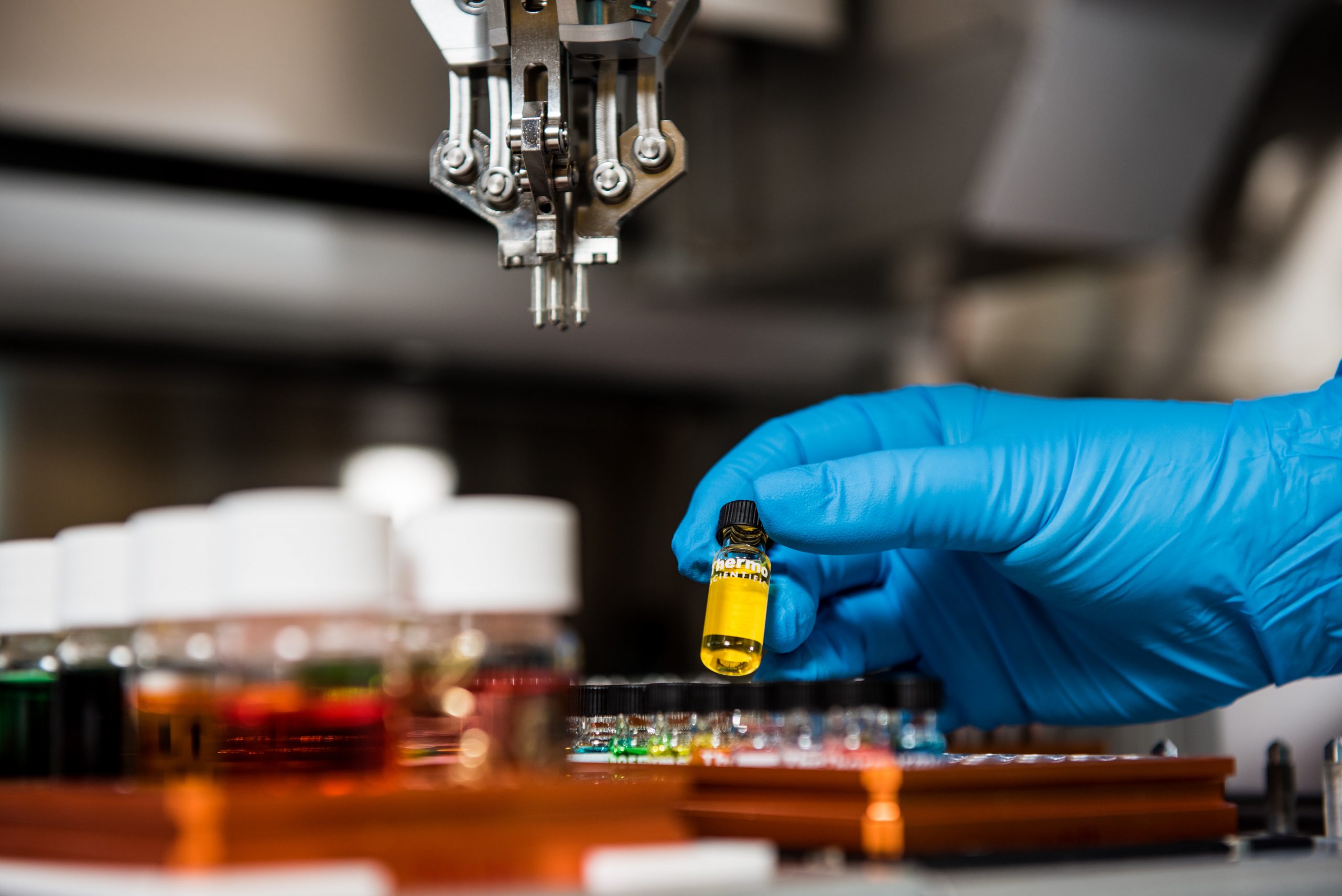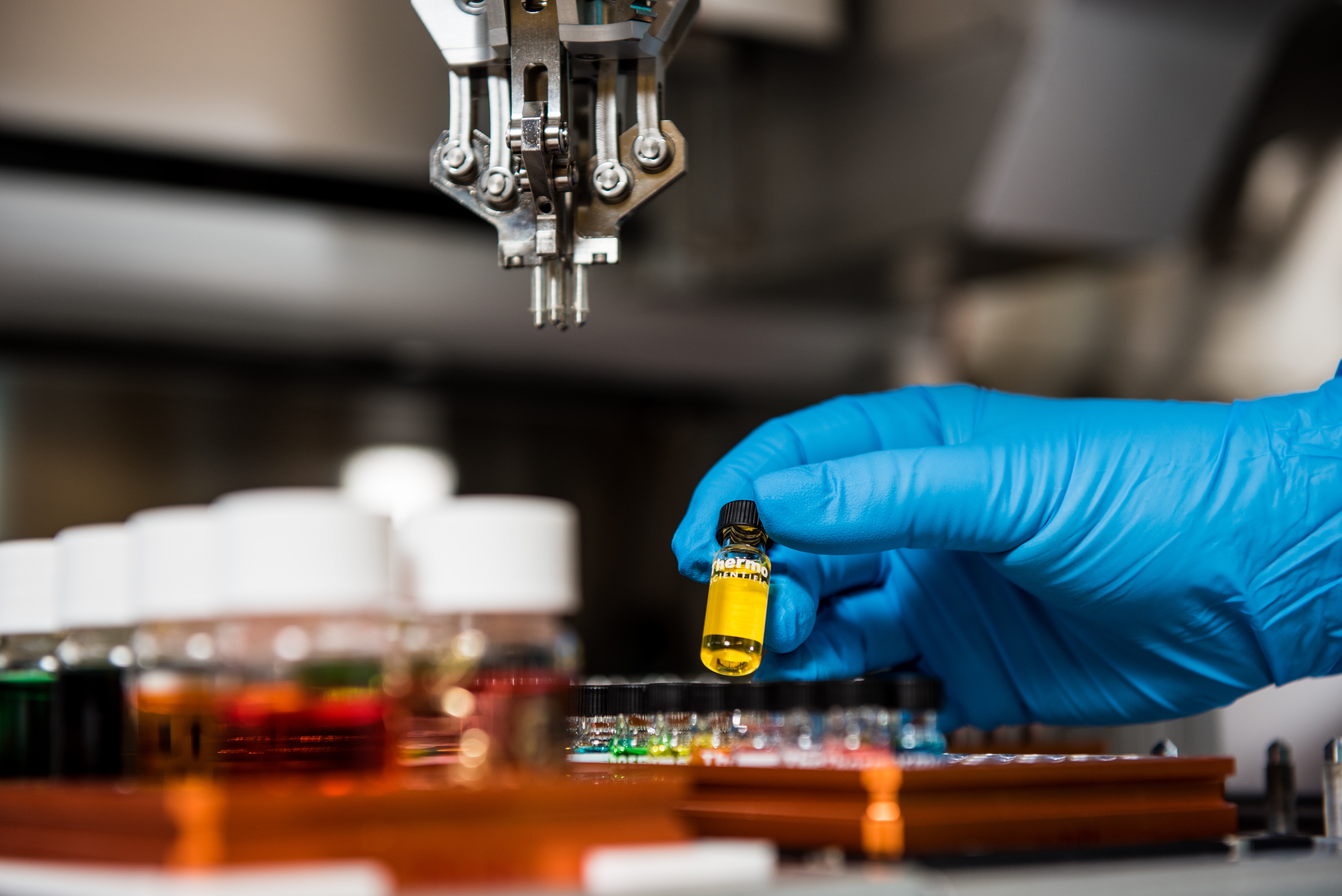A couple fluoroquinolone toxicity studies are being conducted.
Dr. Charles Bennett, a Professor at the University of South Carolina College of Pharmacy, is conducting a study of genes related to fluoroquinolone toxicity. Dr. Bennett is seeking “floxed” participants in the study. In the “Floxed Friday” newsletter sent out by Michelle Polacinski – Floxie, Director, and Producer of ‘Floxed’ – the following information about how to participate was shared:
This study is open to those who have experienced FQ Toxicity. If you are interested in participating, please send your contact information (name, address, phone #) to abc8@email.sc.edu and please write “FQ Study” in the subject line.
You will receive instructions, a consent form, and a survey to complete. A saliva test kit will then be mailed to you. You will provide your saliva sample, as instructed. Then, you will mail the sample back to the university, as instructed.
This is very exciting! This study has the potential to answer questions about who is predisposed toward fluoroquinolone toxicity, and, as genetic testing gets easier and easier, perhaps it will someday lead to screening tools that will keep doctors from prescribing fluoroquinolones to people who are genetically predisposed toward fluoroquinolone toxicity.
I encourage you all to participate in the study. (FYI – just my personal experience – I emailed my information to the email address provided twice, but have not yet heard back from anyone, so I don’t have any personal experience of this study. I just have heard about it and I’m passing on the information I heard.)
Another study of fluoroquinolones is being conducted by the Mayo Clinic (the branch in Rochester, Minnesota). It is a clinical trial entitled, “A Study to Evaluate Biomarkers of Fluoroquinolone-induced Mitochondrial Toxicity” and more information about it can be found on the Mayo Clinic web page about the study.
Per the clinical trial announcement:
“The purposes of this study are to determine if patients treated with fluoroquinolone (FQ) antibiotics have depletion of mitochondrial DNA (mtDNA) in buccal swab samples, and whether the degree of depletion correlates with the likelihood of developing FQ-associated toxicity.”
This is a very exciting study for the floxed community in a couple ways. First, it is to determine whether or not mtDNA is depleted in humans. Several studies have shown that fluoroquinolones deplete mtDNA in cells studied in labs, but I don’t believe that any studies have shown the depletion of mtDNA in people.
The study requires recent administration of a fluoroquinolone antibiotic (the inclusion criteria includes, “Treatment with oral and/or intravenous FQ antibiotics (ciprofloxacin, levofloxacin, moxifloxacin, delafloxacin) that has been initiated upon, or within 24 hours of, admission to the HIM service or at time of initial Infectious Diseases consultation and lasting > 48 hours.“) so I don’t recommend that any floxed people sign up for it. Some people have expressed dismay over fluoroquinolones being studied by being given to people, and, while I understand the misgivings, fluoroquinolones are given to people all the time and I feel encouraged that there are people who are studying the effects of fluoroquinolones, even if the study requires administering them. I am assuming that the people who are a part of the study will be in-need of antibiotics and that fluoroquinolones would be given to them regardless of whether or not they participate in the study – I at least hope so, because giving these drugs to people who don’t have an infection or other need for them is unethical.
I appreciate the acknowledgement that is implicit in both these studies. In studying both genetic markers and mtDNA depletion as they relate to fluoroquinolone toxicity, fluoroquinolone toxicity is being acknowledged by the scientists and doctors conducting the studies. Acknowledgement is helpful in that it leads to studies which lead to more information which lead to fewer people getting hurt by fluoroquinolones and/or maybe even a cure for fluoroquinolone toxicity. We can at least hope for those things.
*****












… [Trackback]
[…] There you can find 75737 additional Info to that Topic: floxiehope.com/fluoroquinolone-toxicity-studies/ […]
… [Trackback]
[…] Find More to that Topic: floxiehope.com/fluoroquinolone-toxicity-studies/ […]
… [Trackback]
[…] Find More on to that Topic: floxiehope.com/fluoroquinolone-toxicity-studies/ […]
… [Trackback]
[…] Read More Info here on that Topic: floxiehope.com/fluoroquinolone-toxicity-studies/ […]
… [Trackback]
[…] Find More Information here on that Topic: floxiehope.com/fluoroquinolone-toxicity-studies/ […]
… [Trackback]
[…] Read More to that Topic: floxiehope.com/fluoroquinolone-toxicity-studies/ […]
… [Trackback]
[…] Find More on to that Topic: floxiehope.com/fluoroquinolone-toxicity-studies/ […]
… [Trackback]
[…] Read More here to that Topic: floxiehope.com/fluoroquinolone-toxicity-studies/ […]